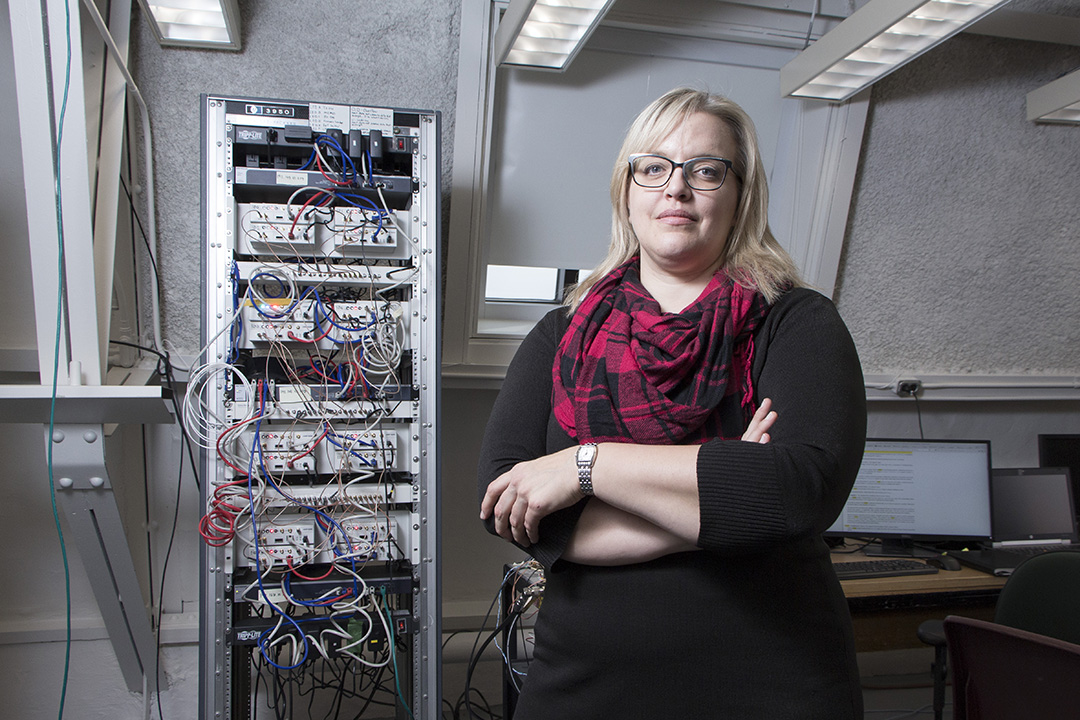
Among the stars: Meet the Canadian women making an impact in astronomy and physics
They’re few, but mighty: women represent about 15 per cent of scientists in Canadian astronomy and related physics fields, but their contributions make them a powerful force. Here are three who are winning awards and mentoring the next generation.
By Wendy Helfenbaum | National PostA Canadian first
In January, Kathryn McWilliams (BSc'94, MSc'97, PhD) became the first Canadian to receive an honorary fellowship in geophysics from the U.K.-based Royal Astronomical Society (RAS).
“I wasn’t expecting it at all; it was very surprising and humbling,” says McWilliams, a professor of physics and engineering physics at the University of Saskatchewan in Saskatoon, in an interview with the National Post.
The RAS represents scientists in disciplines including astronomy, geophysics and space science. Its coveted fellowships recognize scientists outside the U.K. who have made significant contributions in their fields.
“What I do is commonly called ‘space science’ — the science of the space between the Earth and the sun. We’re trying to understand Earth’s space environment, so it’s kind of a study of weather and how conditions in space created by the sun’s activity affect us,” explains McWilliams.
McWilliams directs SuperDARN Canada, part of an international effort that uses radar to learn more about the Earth’s upper atmosphere. As a summer student in 1992, McWilliams helped build the first radar site, and today, she chairs the International SuperDARN Collaboration, which involves researchers from 10 countries.
“It works like a police speed radar trap: we send out a signal into the atmosphere up about 250 kilometers, just below the space station. The moving electrically-charged particles up there modify our signal, and we get an echo back. Then, we can look at how the signal changes to determine how fast those particles are moving.”
“Our laboratory is practically the size of the solar system, and we work with people all over the world, because no one group could have enough funding or enough money to have all the instruments needed to answer these questions. I love that it’s a collaborative type of research field.”
Throughout her studies and career, McWilliams was often the only woman in the room, but that never deterred her.
“It can be frustrating, but I just kept pushing ahead and taking advantage of opportunities,” she says.
“Along the way, I’ve had good allies. Things have been improving; someone starting a PhD now would have a different experience than I had decades ago. In order to move ahead, you have to prioritize and make your path.”
Read the full article at https://nationalpost.com

